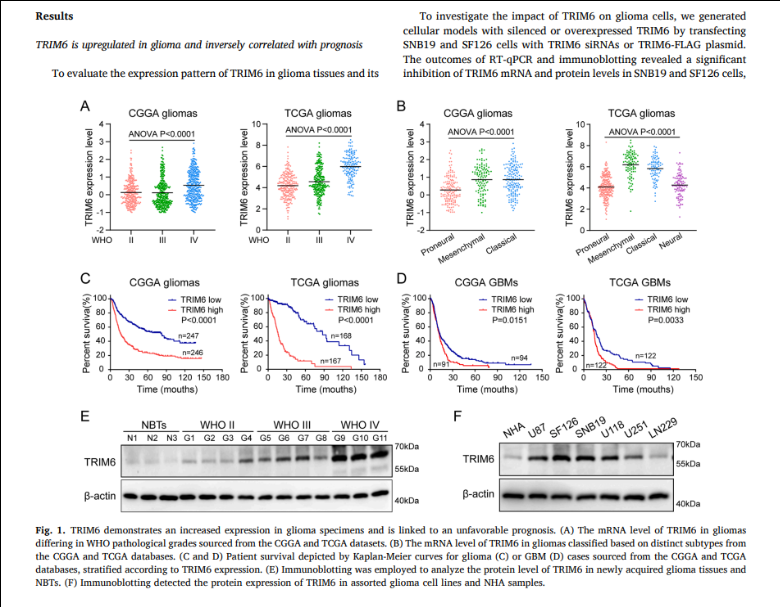Table of Contents
The ‘Results’ section of a research paper, like the ‘Introduction’ and other key parts, attracts significant attention from editors, reviewers, and readers. The reason lies in its critical role—that of revealing the key findings of a study and demonstrating how your research fills a knowledge gap in your field of study. Given its importance, crafting a clear and logically structured results section is essential.
In this article, we will discuss the key elements of an effective results section and share strategies for making it concise and engaging. We hope this guide will help you quickly grasp ways of writing the results section, avoid common pitfalls, and make your writing process more efficient and effective.
Structure of the results section
Briefly restate the research topic in the introduction: Although the main purpose of the results section in a research paper is to list the notable findings of a study, it is customary to start with a brief repetition of the research question. This helps refocus the reader, allowing them to better appreciate the relevance of the findings. Additionally, restating the research question establishes a connection to the previous section of the paper, creating a smoother flow of information.
Systematically present your research findings: Address the primary research question first, followed by the secondary research questions. If your research addresses multiple questions, mention the findings related to each one individually to ensure clarity and coherence.
Represent your results visually: Graphs, tables, and other figures can help illustrate the findings of your paper, especially if there is a large amount of data in the results. As a rule of thumb, use a visual medium like a graph or a table if you wish to present three or more statistical values simultaneously.
Graphical or tabular representations of data can also make your results section more visually appealing. Remember, an appealing and well-organized results section can help peer reviewers better understand the merits of your research, thereby increasing your chances of publication.
Practical guidance for writing an effective ‘Results’ section
- Always use simple and plain language. Avoid the use of uncertain or unclear expressions.
- The findings of the study must be expressed in an objective and unbiased manner. While it is acceptable to correlate certain findings, it is best to avoid over-interpreting the results. In addition, avoid using subjective or emotional words, such as “interestingly” or “unfortunately”, to describe the results as this may cause readers to doubt the objectivity of the paper.
- The content balances simplicity with comprehensiveness. For statistical data, simply describe the relevant tests and explain their results without mentioning raw data. If the study involves multiple hypotheses, describe the results for each one separately to avoid confusion and aid understanding. To enhance credibility, ensure that negative results, if any, are included in this section, even if they do not support the research hypothesis.
- Wherever possible, use illustrations like tables, figures, charts, or other visual representations to highlight the results of your research paper. Mention these illustrations in the text, but do not repeat the information that they convey¹.
Difference between data, results, and discussion sections
Data, results, and discussion sections all communicate the findings of a study, but each serves a distinct purpose with varying levels of interpretation.
In the results section, one cannot provide data without interpreting its relevance or make statements without citing data². In a sense, the results section does not draw connections between different data points. Therefore, there is a certain level of interpretation involved in drawing results out of data.

(The example is intended to showcase how the visual elements and text in the results section complement each other³. The academic viewpoints included in the illustrative screenshots should not be used as references.)
The discussion section allows authors even more interpretive freedom compared to the results section. Here, data and patterns within the data are compared with the findings from other studies to make more generalized points. Unlike the results section, which focuses purely on factual data, the discussion section touches upon hypothetical information, drawing conjectures and suggesting future directions for research.
Conclusion
The ‘Results’ section serves as the core of a research paper, capturing readers’ attention and providing insights into the study’s essence. Regardless of the subject of your research paper, a well-written results section can generate interest in your research. By following the tips outlined here, you can create a results section that effectively communicates your finding and invites further exploration. Remember, clarity is the key, and with the right approach, your results section can guide readers through the intricacies of your research.
Professionals at Elsevier Language Services know the secret to writing a well-balanced results section. With their expert suggestions, you can ensure that your findings come across clearly to the reader. To maximize your chances of publication, reach out to Elsevier Language Services today!
Reference
- Cetin, S., & Hackam, D. J. (2005). An approach to the writing of a scientific manuscript. Journal of Surgical Research, 128(2), 165–167. https://doi.org/10.1016/j.jss.2005.07.002
- Bahadoran, Z., Mirmiran, P., Zadeh-Vakili, A., Hosseinpanah, F., & Ghasemi, A. (2019). The Principles of Biomedical Scientific Writing: Results. International Journal of Endocrinology and Metabolism/International Journal of Endocrinology and Metabolism., In Press (In Press). https://doi.org/10.5812/ijem.92113
- Guo, J., Wang, J., Zhang, P., Wen, P., Zhang, S., Dong, X., & Dong, J. (2024). TRIM6 promotes glioma malignant progression by enhancing FOXO3A ubiquitination and degradation. Translational Oncology, 46, 101999. https://doi.org/10.1016/j.tranon.2024.101999













